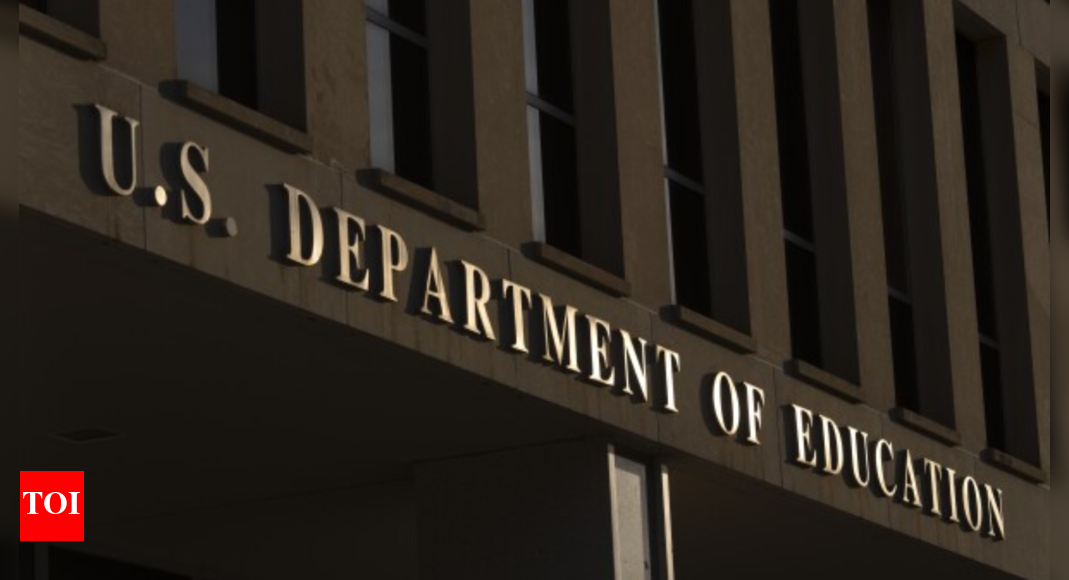The Trump administration has proposed new rules that could deny Public Service Loan Forgiveness to public employees whose organizations are deemed to have engaged in activities with a “substantial illegal purpose.” This change could impact thousands of govern…
Why it matters
- The proposed changes could affect the ability of numerous public sector workers to receive student loan forgiveness.
- Many employees in essential services, such as education and healthcare, may find themselves ineligible for forgiveness based on their employer's compliance.
- This move has raised concerns about the implications for public service careers and the overall workforce in essential sectors.
The Trump administration has unveiled a controversial proposal that could significantly alter the landscape of student loan forgiveness for public sector employees. Under the new rules, individuals working for organizations that are found to have participated in activities with a “substantial illegal purpose” may be denied eligibility for the Public Service Loan Forgiveness (PSLF) program. This initiative is designed to alleviate the financial burden of student loans for those who dedicate their careers to serving the public, including teachers, healthcare workers, and social workers.
The proposed regulations stem from a broader effort to enforce stricter compliance and oversight of the PSLF program, which has faced criticism in recent years for its complexity and low approval rates. The Education Department's rationale behind this new rule is to ensure that taxpayer dollars are not utilized to benefit employees of organizations that may be operating outside the law. However, this policy change raises significant concerns among advocates for public service workers, who argue that it could disproportionately impact those employed in critical sectors.
Many public sector jobs are inherently tied to organizations that may face legal scrutiny due to the nature of their operations. For instance, non-profit organizations providing essential services could potentially fall under the new regulations if found to have engaged in any illegal activities, even if those actions are unrelated to the employee's role. This ambiguity poses a serious threat to the financial futures of thousands of public workers who rely on the PSLF program to manage their student debt.
In recent years, the PSLF program has been criticized for its stringent eligibility criteria, which have resulted in a high denial rate for applicants. According to the most recent data, nearly 98% of applicants have been rejected, leading to widespread frustration among public service employees. The proposed changes could exacerbate this issue by further narrowing the pool of eligible borrowers, effectively creating additional barriers for those seeking relief from their educational debt.
Advocates for public service workers have expressed alarm over these developments, emphasizing the vital role that these employees play in society. Many public sector jobs, particularly in education and healthcare, are often underfunded and undervalued, making the PSLF program a crucial lifeline for those committed to serving their communities. Critics argue that the new rules could dissuade individuals from pursuing careers in public service, ultimately harming the sectors that rely on dedicated professionals.
Education Secretary Betsy DeVos has defended the administration's proposal, asserting that it is necessary to protect taxpayer interests and ensure that public funds are allocated responsibly. However, the proposed changes have sparked a debate about the balance between accountability and accessibility within the PSLF program. Many fear that the emphasis on enforcing compliance could overshadow the program's original intent, which is to support those who choose to serve in public-oriented careers.
As the administration moves forward with these proposals, public service advocates are mobilizing to voice their concerns and urge lawmakers to reconsider the implications of such changes. The potential impact on the workforce is significant, as many public employees may now face uncertainty regarding their financial futures and the viability of their loan forgiveness applications.
In summary, the Trump administration's proposed rules could fundamentally reshape the Public Service Loan Forgiveness program, leaving thousands of public employees in a precarious position regarding their student loans. As the discussion surrounding this issue unfolds, the importance of protecting the interests of public service workers remains a critical point of emphasis for advocates across the nation.











